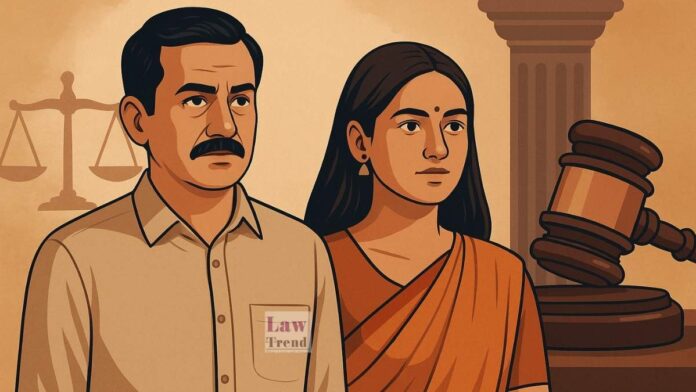The High Court of Delhi on Wednesday dismissed an appeal filed by a wife, thereby upholding a Family Court’s judgment and decree granting divorce to her husband on the grounds of mental cruelty. A Division Bench comprising Justice Anil Kshetarpal and Justice Harish Vaidyanathan Shankar affirmed the finding that the wife’s sustained, unexplained communications with
To Read More Please Subscribe to VIP Membership for Unlimited Access to All the Articles, Download Available Copies of Judgments/Order, Acess to Central/State Bare Acts, Advertisement Free Content, Access to More than 4000 Legal Drafts( Readymade Editable Formats of Suits, Petitions, Writs, Legal Notices, Divorce Petitions, 138 Notices, Bail Applications etc.) in Hindi and English.




